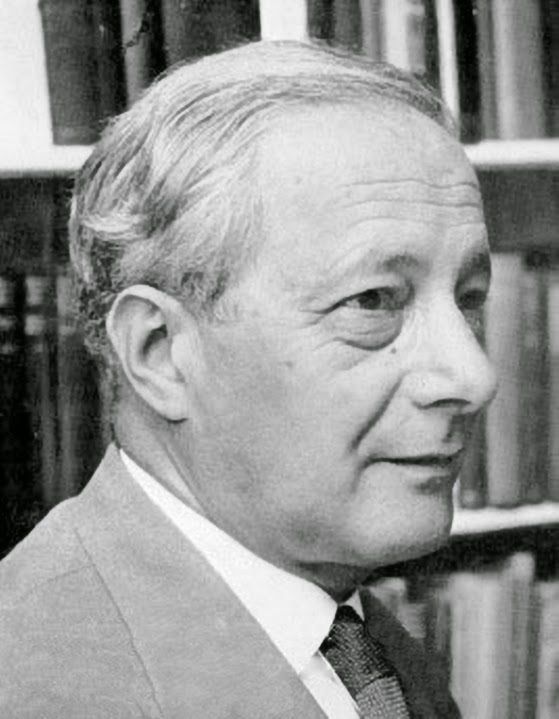Is the gospel just about justification and the future, or
does it offer us hope for real life? Does it offer us freedom? One pages 52-53
of
The Artisan Soul, Erwin McManus notes the relationship between dreams and
freedom. He writes:
“One of the unexpected discoveries during my ten years of
working with the urban poor was how poverty changes a person. Not always but
far too often, physical poverty drives us to a poverty of the soul. I knew when
I walked into a world of impoverishment that I would meet people who lacked
food and shelter and education. I knew that I would spend my days with
individuals and families who had been deprived of their basic human needs. I
knew that centuries of oppression and injustice had robbed them of much of
their dignity, opportunity, and freedom. What I didn’t know was that the weight
of poverty had stolen from them most of their capacity to imagine a life better
than the one they had always known.
I quickly realized that it was essential for me to do the
basic work of helping people solve the real problems of their daily struggle. I
needed to help them find a place to live, a job that would pay their bills, and
the skills necessary for a better life. But most important, it was critical
that I somehow find a way to help these individuals, whom I had come to care so
much about, learn to dream again. People only become slaves when they have lost
their dreams. I am certain that every master knows this. You may have people in
chains, but you don’t own them until you have stolen their souls. If they dream
of freedom, your power over them is an illusion. Even Paul makes this nuanced
distinction in his letter to the Galatians, when he says that even if the son
is an heir, as long as he is a child, he still lives like a slave. Until the
voice that guides us declares our freedom, nothing and no one in the world can
make us free. As long as the voice that defines who we are declares our
freedom, no one and nothing can hold us captive. Which leads to the critical
question: What is the narrative that guides us?”
I love the line: “People only become slaves when they have
lost their dreams.” That is so true. I have been poor and I have worked among
the poor. One of the things I noticed working among the poor is that the main
difference between the temporarily poor and the chronically poor is hope.
It is not difficult to endure poverty for a season. I lived for two years on $2.13/hour + tips when I was
in graduate school. My life was hard, but I made it because I knew that it was
just for a season. Eventually I got married and then graduated and was able to
break out of poverty.
But life for the poor can be a vicious, hope-killing cycle.
When there is no clear way out of poverty, it is tougher to endure the
hardships. It’s natural to turn to drugs, alcohol, or other compulsive
behaviors to escape the pain, shame, and anxiety of poverty. These decisions
make it harder to escape poverty and the cycle escalates.
One of the most beautiful parts of the gospel to me is the
hope that life can be different. Yes, because of the cross, Jesus offers us
forgiveness of sins and the hope of resurrection and life with God in the
future. But I think we evangelicals can be preoccupied with guilt and
forgiveness. The gospel is bigger than that.
My wife and I once visited a woman from my church who was in
the hospital for a failed suicide attempt. Because of her situation, she was at
risk to lose her kids. Brooke and I sat with her and offered her support, but
she turned the conversation to God: “Why did God make me like this?” She asked
with tears in her eyes. “I have tried everything and I cannot change. Why would
He make me like this?”
At that moment, guilt and shame and forgiveness and heaven and
hell were nowhere on her radar. Her kids were all that mattered. All she wanted
was to be able to change and live a life that would allow her access to her
kids.
Does the gospel have any hope to offer her?
I think it does. Yes, the gospel is about forgiveness, but
it’s also about life. Life now. Through the Spirit, God offers us our future
life with God in a real but not complete way now. It’s a foretaste of what is to come. We don’t have to be
slaves. There is hope for change.
What do you think? How important is hope? What
kind of hope do we have through the gospel?







